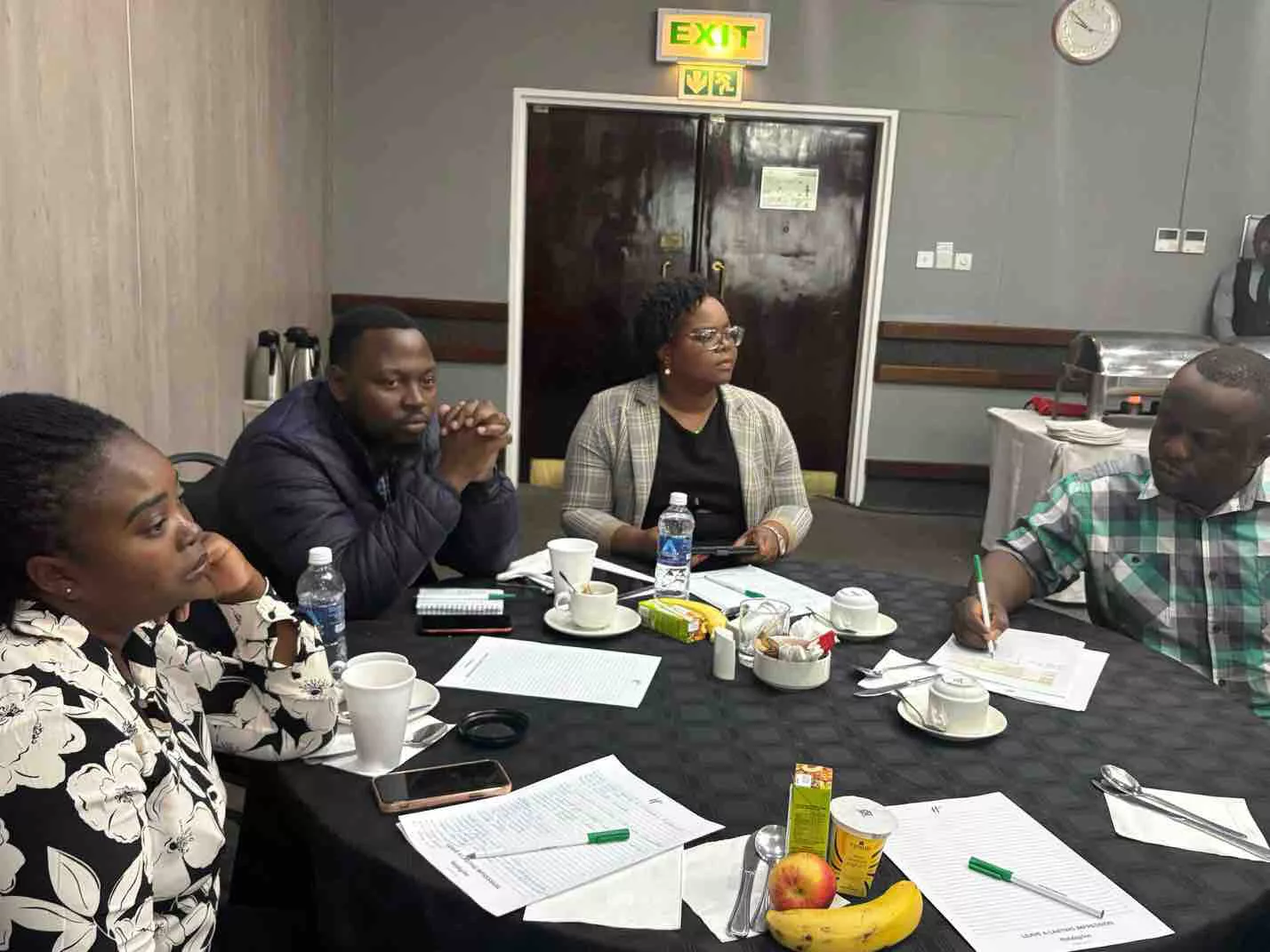|
Getting your Trinity Audio player ready...
|
The Zimbabwe Civil Society Organisations Scaling Up Nutrition Alliance (ZCSOSUNA), with financial and technical support from UNICEF and in collaboration with key government ministries and departments, launched a new project titled ‘High-Level Nutrition Advocacy and Parliamentary Engagement’ to enhance national efforts in nutrition advocacy and deepen engagement with policymakers on child nutrition and development.
Speaking during the launch at the Holiday Inn Hotel in Harare today, Kudakwashe Zombe, the ZCSOSUNA Coordinator, said the initiative aims to enhance nutrition advocacy and strengthen policymaker engagement on child nutrition and development.
“As part of its implementation strategy, the project will conduct workshops and seminars to provide in-depth briefings and facilitate expert discussions on nutrition. It will also include parliamentary tours and training sessions to ensure policymakers gain a comprehensive understanding of nutrition issues and recognize the urgency of addressing malnutrition in Zimbabwe.
“A Budget Analysis for the 2024 fiscal year will be undertaken to assess domestic investments in nutrition and track progress on national commitments. Additionally, the project will identify and empower nutrition champions, while leveraging the media to amplify their voices and raise public awareness. The production and dissemination of knowledge products will further enhance citizens’ understanding of nutrition challenges and solutions,” Zombe said.
In a speech delivered on his behalf, Dr. Tonderayi Matsungo, the Head of the Department of Nutrition, Dietetics, and Food Sciences at the University of Zimbabwe who is the Secretary General of Scaling Up Nutrition Research and Academic Platform (SUNRAP), said the academia provides research and monitoring; strengthens the capacity of stakeholders; spurs advocacy and communication, and gives advisory services on nutrition issues.
Lenin Makenga, the Project Officer of Save the Children Zimbabwe, said he was hopeful that the implementation of the project would be successful so that stakeholders achieve the set outcomes to ensure children and communities are nutrition secure.






